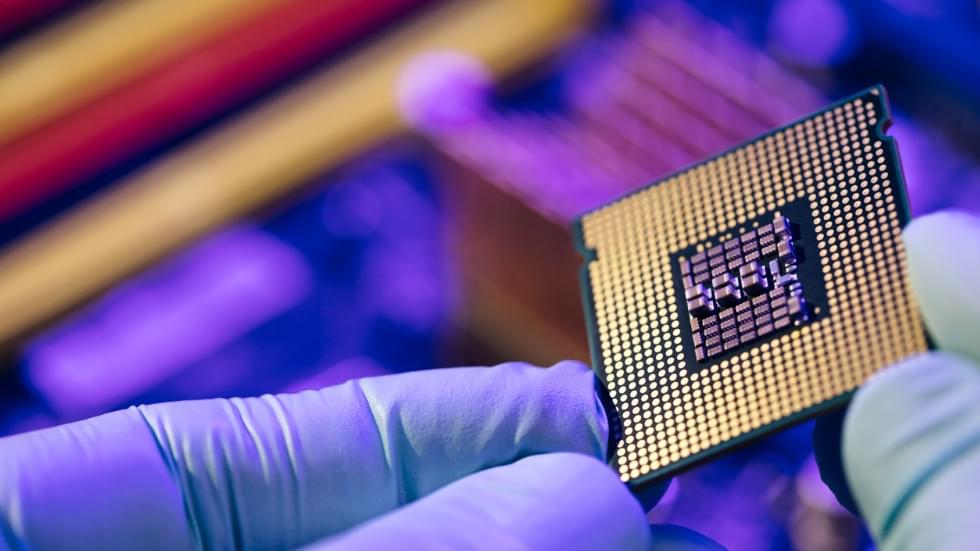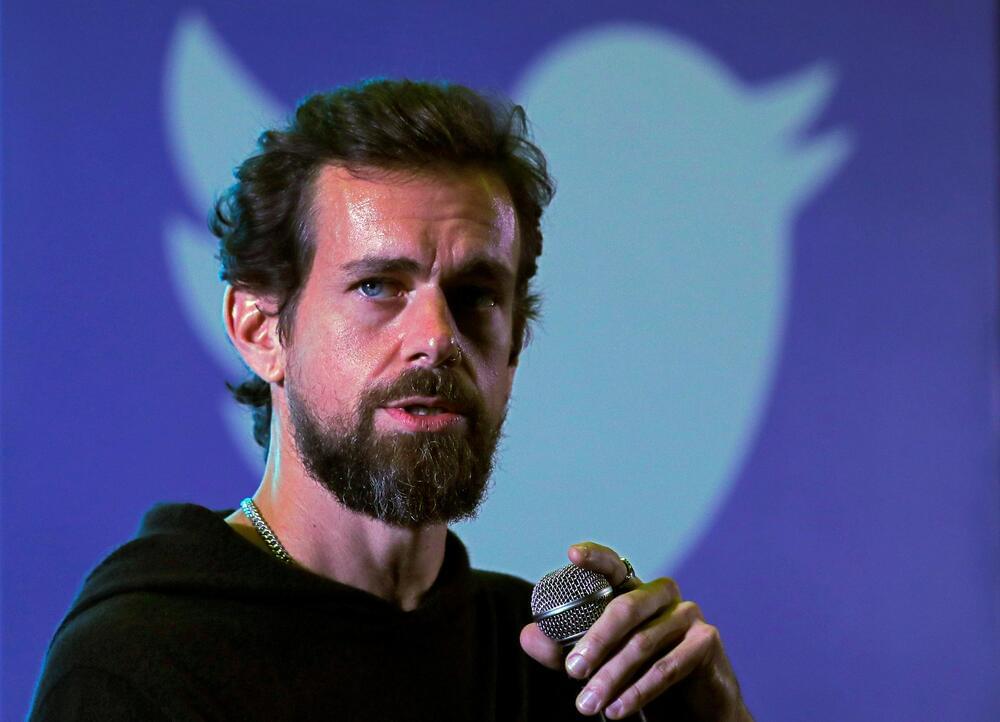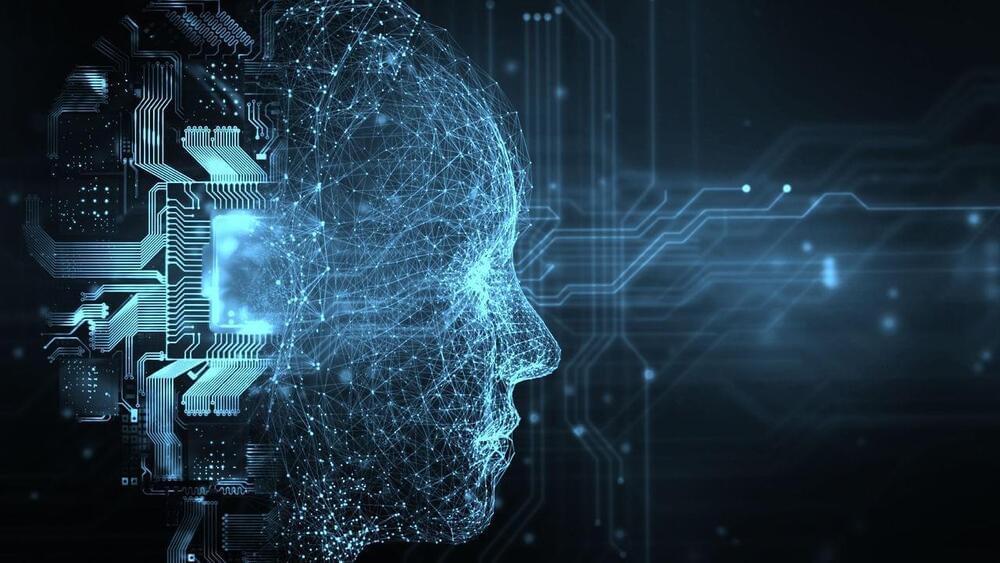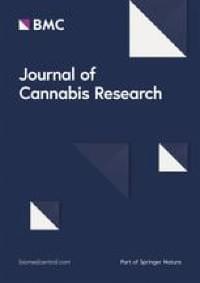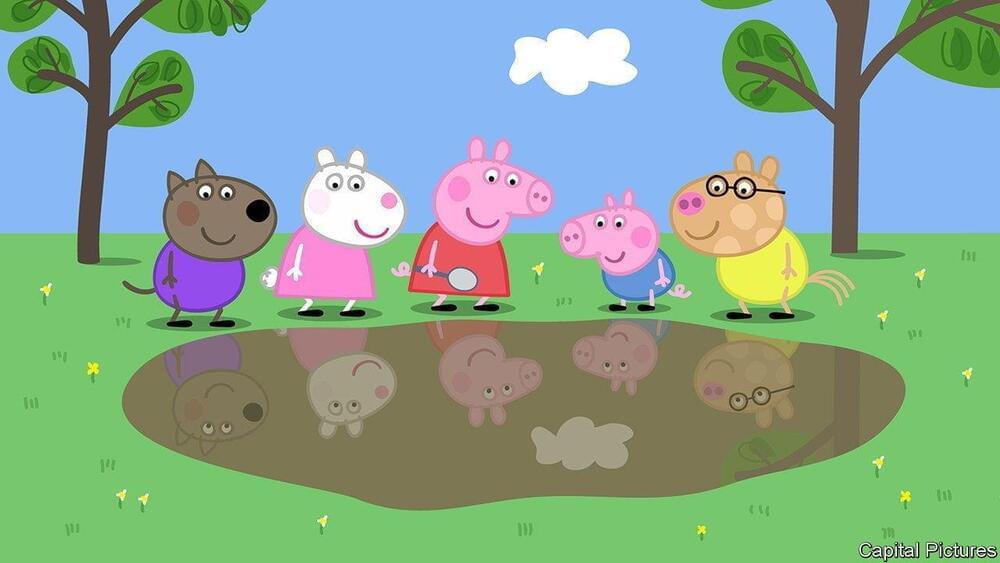“This makes agri-PV systems increasingly attractive for agriculture, because it provides a way to keep domestic agriculture competitive with the international market and to enable farmers to earn additional income,” explains Max Trommsdorff, project manager at Fraunhofer ISE. “At the same time, we can drive the expansion of renewable energies, reduce pressure on scarce land and increase resilience to weather extremes and climate change in different farming systems.”
Nevertheless, only a few projects have been realised so far. Those involved in the project see one of the crucial hurdles in the existing legal framework. These include inadequate incentive systems and comparatively complex approval processes. In addition, there are growing concerns about the acceptance of the local population and the attractiveness of the landscape.
Such economic, legal and social hurdles are to be compiled within the framework of the project. Subsequently, the participants want to work out proposals for solutions on how to reduce and overcome these hurdles. The focus should be on the optimal use of the potentials and the avoidance of wrong decisions in the application of agriphotovoltaics.


